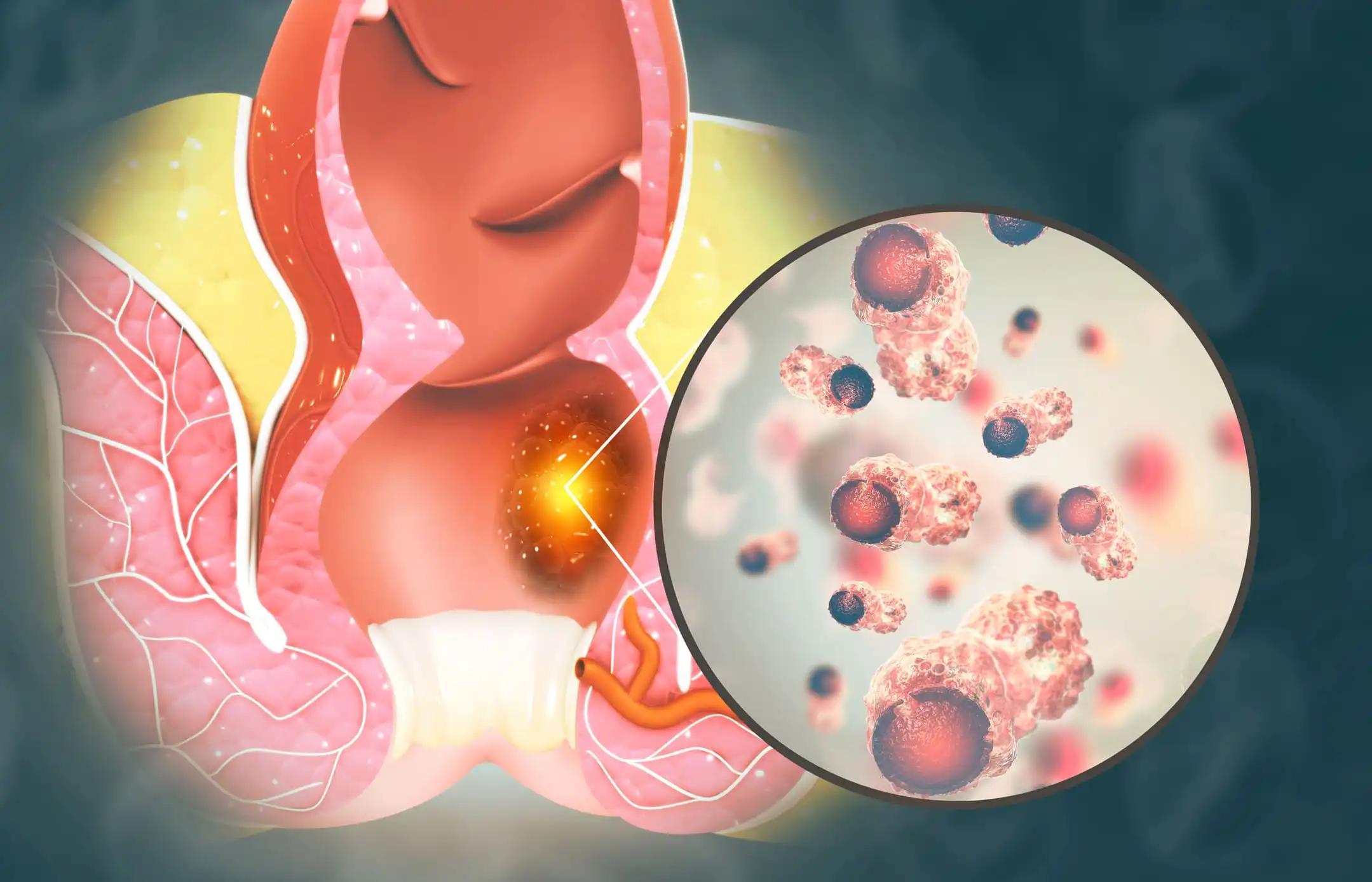KEY TAKEAWAYS
- The ALTER-E005 phase 2 trial aimed to investigate the efficacy and safety of combining anlotinib with TQB2450 as adjuvant therapy in postoperative resectable ESCC patients.
- The primary endpoint was to determine DFS.
- Researchers noticed significant preliminary efficacy and safety when combining anlotinib with TQB2450 as adjuvant therapy in ESCC patients.
There is a pressing need to explore more effective and safer postoperative treatments for resectable esophageal squamous cell carcinoma (ESCC), as current therapeutic options are limited. TQB2450, a novel PD-L1 blockade, has shown promise in combination with anlotinib, an antiangiogenic agent, in treating various tumors, including advanced ESCC and biliary tract cancer.
In the ALTER-E005 study, Changying Guo and the team aimed to assess the efficacy and safety of combining anlotinib with TQB2450 as adjuvant therapy in ESCC patients.
Researchers performed an inclusive analysis of a single-arm, multi-center phase II clinical trial involving 30 patients (≥18 years) diagnosed with histologically confirmed T1-2N1-3M0 or T3-4NanyM0 ESCC. Enrolled patients had undergone radical (R0) resection with no recurrence 6 to 12 weeks after surgery and had an ECOG performance status (PS) of ≤1.
Patients received oral anlotinib 12 mg on days 1-14 and intravenous TQB2450 1200 mg on day 1 every 3 weeks for up to 16 cycles, until disease recurrence. The primary endpoint was disease recurrence-free (DFS) survival. Secondary endpoints included safety, 1-year DFS rate, 3-year DFS rate, 1-year overall survival (OS) rate, and 3-year OS rate.
About 12 patients were enrolled between August 18, 2022, and August 25, 2023. Of the 12 surgically resected cases of ESCC, 11 (91.7%) had an ECOG score of 1, with 10 (83.3%) being male and 6 (50%) under the age of 65. According to the eighth edition of the AJCC Cancer Staging Manual, 7 (58.3%) were classified as stage II, and 5 (41.7%) were classified as stage III.
As of the data cut-off date (August 25, 2023), the median follow-up time was 5.1 months (95% CI: 3.4-6.8). Approximately 2 patients experienced disease recurrence, and the median duration of DFS has not yet been reached. Currently, 9 patients are still undergoing therapy, with treatment durations ranging from 0.3 months to 9.6 months.
About 2 patients discontinued therapy due to adverse events (AE), which subsequently improved after treatment and 1 patient experienced immune-related myocarditis, while the other patient had mouth ulcers and hand-foot syndrome. Additionally, 1 patient voluntarily withdrew from the study. Out of the total 12 patients, 3 (25%) experienced grade 3 treatment-emergent adverse events (TEAEs). There were no grade 4 or higher TEAEs reported. The grade 3 TEAEs included hand-foot syndrome (16.7%), abnormal liver function (8.3%), and immune-related hepatitis (8.3%).
The study concluded that combining anlotinib with TQB2450 as adjuvant therapy showed promising preliminary efficacy and safety in patients with ESCC who had R0 resection and exhibited no recurrence 6 to 12 weeks after surgery.
The trial was sponsored by Sir Run Run Shaw Hospital.
Source: https://meetings.asco.org/abstracts-presentations/229233
Clinical Trial: https://clinicaltrials.gov/study/NCT05972655
Guo C, Chen S, Ye Y, et al.(2024). “Anlotinib plus TQB2450 as adjuvant therapy in patients with esophageal squamous cell carcinoma: A phase II study (ALTER-E005).” Presented At ASCO- GI 2024 (Abstract 347).



